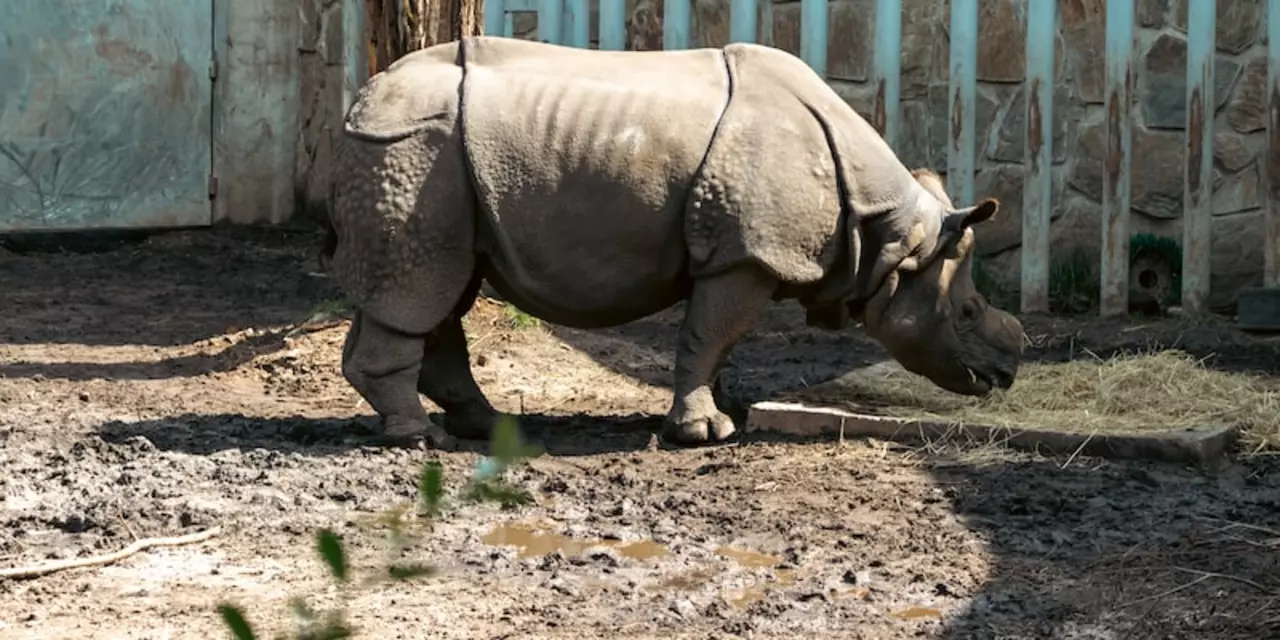The horned viper, or Cerastes cerastes, is a species of venomous snake found in North Africa and the Middle East. While it is not the most venomous snake in the world, it is still highly dangerous, capable of causing serious injury or even death. In this article, we will explore the venom of the horned viper in more detail and discuss the dangers associated with this species.
The venom of the horned viper is composed of a variety of proteins and peptides, the most common of which is believed to be the cardiotoxin, which is responsible for causing cardiac and respiratory failure. This venom is highly toxic and can cause a wide range of symptoms, including nausea, vomiting, abdominal pain, and swelling of the affected area. In severe cases, the venom can lead to paralysis, coma, and even death.
It is important to note that the venom of the horned viper is different from that of other species of snakes. The venom of the horned viper is more potent and can cause symptoms more quickly. Additionally, the venom of the horned viper is much harder to treat and there is no anti-venom available for this species.
Despite its deadly venom, the horned viper is not an aggressive species. It is generally shy and non-confrontational when approached by humans. However, if it feels threatened, it will defend itself by biting. The bite of a horned viper can be extremely painful and can cause serious injury or even death if not treated quickly.
In conclusion, the horned viper is a highly venomous species of snake that can cause serious injury or even death if it bites. It is important to take precautions to avoid being bitten by this species and to seek medical attention immediately if you are bitten.
The horned viper is a unique species of viper native to the Middle East and parts of Africa. It is easily recognizable by its two large horns, which protrude from its head. Its body is covered in thick scales, and its eyes are large and yellow. Its coloring varies, but is typically a sandy brown or gray.
The horned viper is considered a dangerous creature due to its venomous bite. Its venom is a potent neurotoxin that can cause paralysis, organ failure, and even death. It is most dangerous when provoked or threatened, and can strike quickly and repeatedly when it senses danger.
The horned viper also has an unusual anatomy that allows it to move quickly and efficiently through its environment. Its horns are long and curved, which gives it excellent balance and agility. It also has a long, muscular body with powerful hind legs, allowing it to launch itself in any direction. Its tail is thick and muscular, which helps it to propel itself through the air.
The horned viper is a unique and dangerous creature, and should be treated with caution and respect. While it is not typically aggressive, it can be unpredictable when provoked or threatened. It is important to be aware of its presence in an area, and take steps to avoid contact.
The horned viper is a species of venomous snake found in many parts of the world. It is one of the most dangerous snakes in existence, and can be found in a variety of habitats, from deserts and forests to grasslands and swamps. The horned viper can be easily identified by its distinctive horns, which are located just behind its eyes.
Horned vipers are most commonly found in Africa, especially in the Sahara Desert. They are also found in parts of the Middle East, such as Israel, Jordan, and Saudi Arabia. In North America, they can be found in Texas and Arizona. In South America, they are found in Brazil, Venezuela, and Peru. In Asia, they can be found in India, Pakistan, and Afghanistan.
The horned viper is a deadly snake, and it is important to take all necessary precautions when encountering one. As such, it is recommended to avoid areas where they are known to inhabit and to never approach them. If you find yourself in the presence of a horned viper, the best course of action is to remain still and back away slowly. If you are bitten, seek medical attention immediately.
Horned vipers are among the most dangerous snakes in the world. They are native to North Africa and the Middle East, and have caused many fatalities over the years. The horned viper can reach up to two feet in length, and is easily identifiable by its triangular shaped head, and two horns protruding from the top. The snake is also easily recognizable by its colouration, which is typically greyish-brown with darker, sometimes black, markings.
The danger posed by a horned viper is mainly due to its venom. The venom is a powerful neurotoxin, and is potentially fatal if not treated quickly. Symptoms of a horned viper bite include intense pain, swelling, and blistering around the bite site. In severe cases, the venom can cause paralysis, organ failure, and even death. The venom can also cause tissue necrosis, meaning that the bite area can become severely infected.
It is important to take precautions when encountering a horned viper. If you come across one in the wild, it is best to back away slowly and do not try to approach or catch the snake. If a person is bitten, they should seek medical attention immediately and follow the doctor’s instructions. It is also important to note that horned vipers can be found in many places, so it is important to be aware of your surroundings when outdoors.
Horned vipers are some of the most dangerous snakes in the world. They have long and sharp horns on the head that can puncture skin and cause serious injury. They can also inject venom from their fangs which can cause pain, swelling, and in some cases, even death. It is important to be aware of the symptoms of a horned viper bite, as well as what treatment options are available.
Horned Viper Bite Symptoms: The most common symptom of a horned viper bite is intense pain and swelling at the bite site. Other symptoms can include nausea, vomiting, dizziness, rapid heart rate, and difficulty breathing. If venom is injected, the symptoms can become more severe, including severe muscle pain and spasms, paralysis, and even death in rare cases.
Treatment Options: If you suspect you have been bitten by a horned viper, it is important to seek medical attention immediately. Treatment typically involves the administration of antivenom, which can help neutralize the venom and reduce the symptoms. Other treatments may include pain medications and antibiotics to prevent infection. In severe cases, surgery may be necessary.
It is important to remember that horned vipers are dangerous and should be avoided. If you do come in contact with one, it is important to seek medical attention immediately. With proper treatment, most horned viper bites can be treated successfully.






